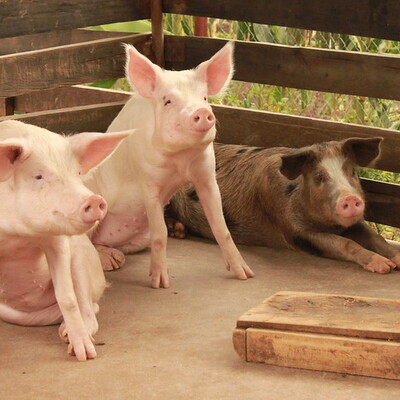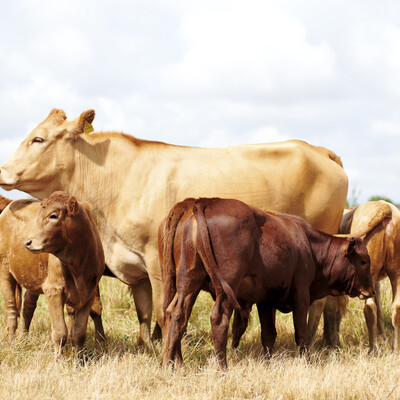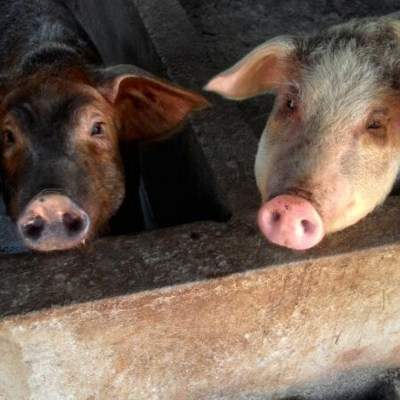
Exploration of the effects of anti-tick vaccines on transmission of Theileria parva, the causative agent of East Coast Fever
Livestock contribute to natural, financial, human, physical and social capital within smallholder dairy, crop-livestock and livestock-dependent systems. All of these production systems are at risk from ticks and tick borne diseases (TBD). Acaricide resistance is a significant threat to sustainable control of ticks and TBD in livestock in tropical and sub-tropical countries. An optimal integrated TBD control program is likely to include several approaches including use of resistant breeds and vaccination, thereby allowing more strategic application of acaricides. The development of combined vaccines conferring protection against pathogens transmitted and the respective vector may be a prerequisite for the success of vaccine development against protozoan pathogens, including Theileria parva, the causative agent of East Coast fever (ECF), an acute tick-borne disease causing high rates of morbidity and mortality in cattle in 12 countries in sub Saharan Africa. As the livelihood of small-holder farms, often managed by women, is dependent on one or two cattle, the financial burden due to loss of income and livestock products impacts on the quality of all aspects of family life. T. parva is mainly transmitted by the brown-ear tick Rhipicephalus appendiculatus. We propose here a novel approach to experimentally analyze the transmission of piroplasms from T. parva infected cattle to uninfected nymphal ticks. Additionally we will attempt to isolate and characterise novel tick gut antigens of R. appendiculatus with the final goals of enhancing the performance of existing tick vaccines that are based on the BM86 antigen.
Objectives/goals
- Demonstrate transmission blocking effects against T. parva based on immunization of cattle with recombinant tick derived proteins (RA86-1, RA86-2, Trp64 either alone or in combination.
- Evaluation of the "dual action" Trp64 protein of R. appendiculatus targeting the tick gut and the cement for pathogen transmission blocking activity.
- Quantitative and qualitative description of cellular and humoral immune responses raised in immunized cattle.
- Description of novel tick gut antigens of R. appendiculatus that will improve the efficacy of the BM86-based available vaccines.
Expected outputs
The knowledge gained within this research will provide data for modeling prevention strategies against ECF with potential great relevance to veterinary public health.


















